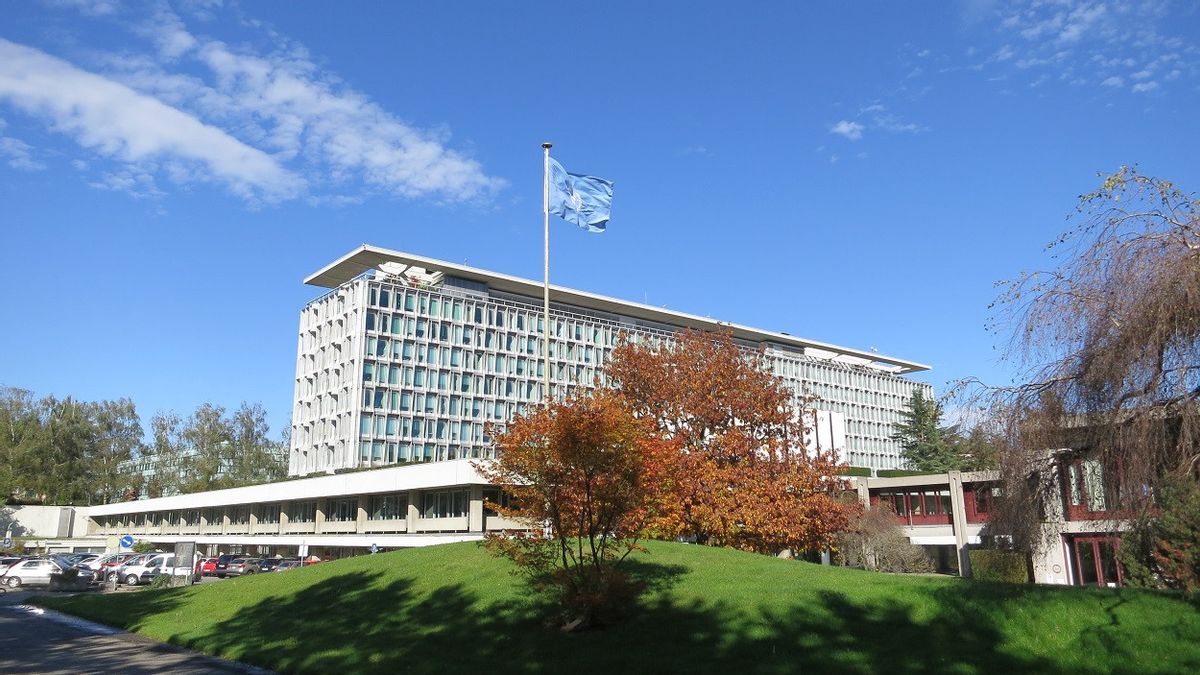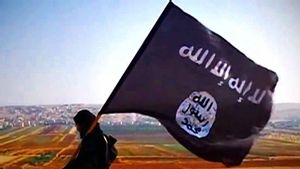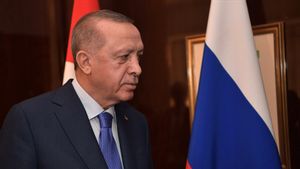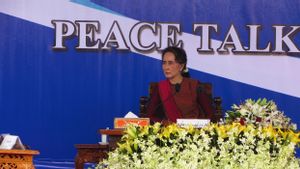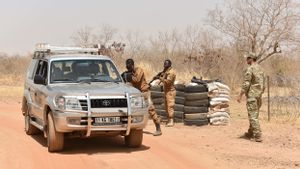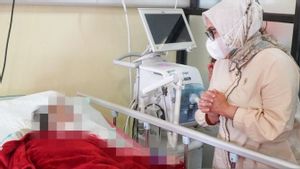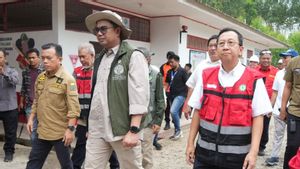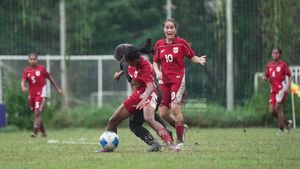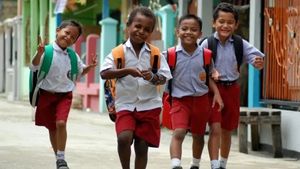JAKARTA - The BA.2 sub-variant of Omicron has been found in five African countries, a World Health Organization (WHO) scientist said on Thursday, adding he was concerned about development because samples of the BA.2 subvariant might not show up as a form of Omicron.
The BA.2 sub-variant is starting to replace Omicron's original BA.1 variant which is more common in countries such as Denmark. Data from there showed no difference in disease severity, according to another WHO official.
"BA.2 has been reported in five countries, namely Botswana, Kenya, Malawi, Senegal and South Africa," Dr Nicksy Gumede-Moeletsi said in an online media briefing, quoted by Reuters on February 4.
"We are very concerned," he continued, adding that BA.2 proved difficult to identify as it was not always picked up by the S-Gene Target Failure criteria, which are used to distinguish the original Omicron from other variants.
Gumede-Moeletsi said WHO is working very closely with laboratories, asking them to forward samples that have returned without being marked as Omicron for further analysis, in order to get a more precise picture of the spread of BA.2.
The BA.1 version of Omicron is somewhat easier to track than the previous variant. That's because BA.1 is missing one of the three target genes used in common PCR assays. Cases showing this pattern are generally assumed to be due to BA.1.
The BA.2 subvariant, sometimes known as the “stealth” sub-variant, does not have the same missing target gene as the original Omicron variant.
SEE ALSO:
Instead, the scientists monitored it in the same way as previous variants, including Delta, by tracking the number of viral genomes submitted to public databases such as GISAID.
To note, like other variants, BA.2 infection can be detected by home coronavirus test kits, although they can't pinpoint which variant is responsible, experts say.
The English, Chinese, Japanese, Arabic, and French versions are automatically generated by the AI. So there may still be inaccuracies in translating, please always see Indonesian as our main language. (system supported by DigitalSiber.id)
